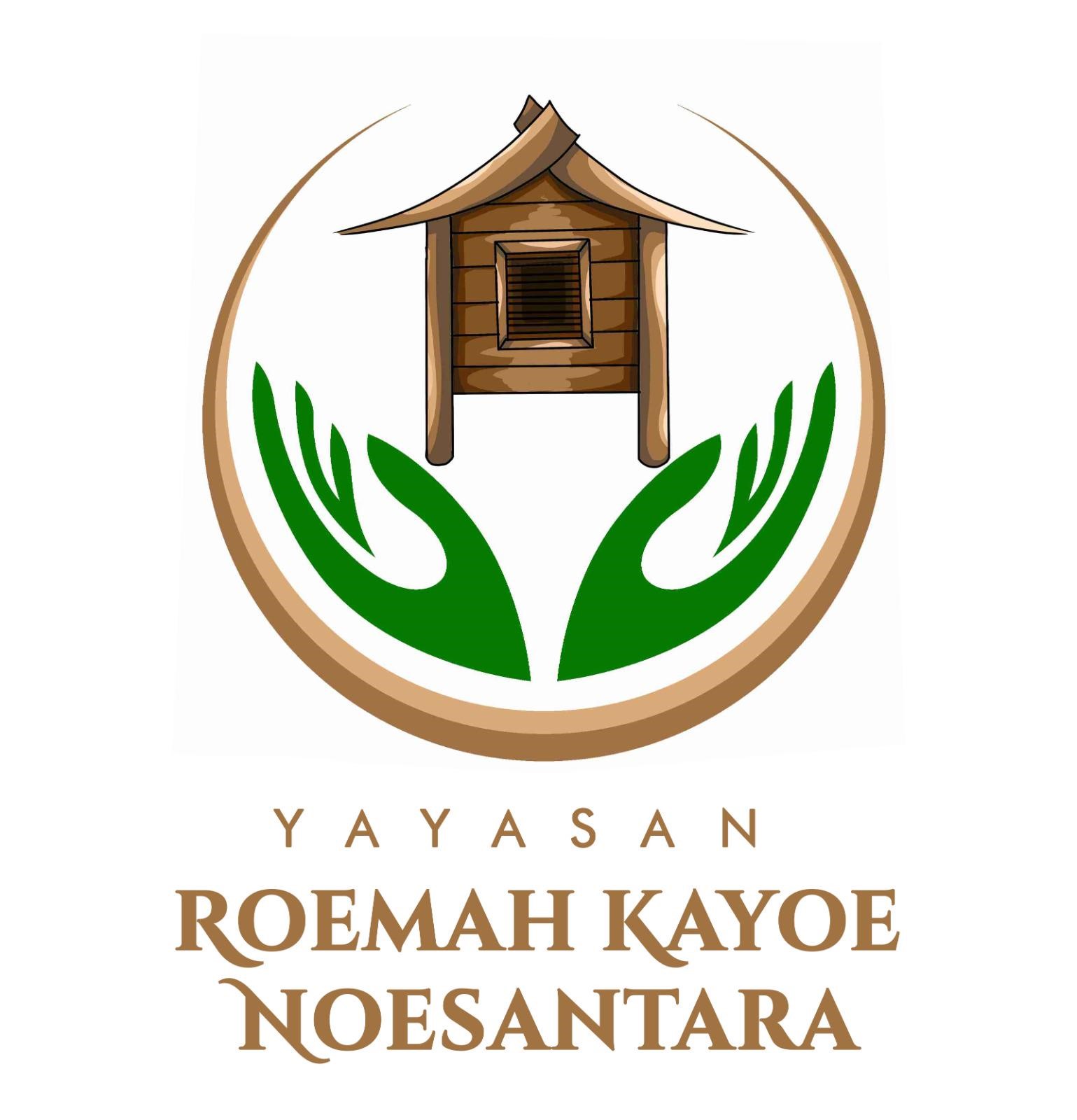It's not how much we give but how much love we put into giving.
About us
The community’s need for knowledge about animal husbandry, organic farming, waste management and processing, environmental awareness and social business is really needed. As technology improves, we often ignore the long-term effects of modern technology. The increasing need for organic livestock/farming products has made many people try their luck as farmers/breeders without knowing what organic farming/livestock patterns are like due to low human resources (HR) and unclear information.
The collapse of the Indonesian economy in mid-1997 meant that the prices of agricultural/livestock commodities could not rise until 2001. This is because trading in agricultural/livestock commodities is synonymous with marginalized communities as farmers/breeders who have only worked on their land. Alone. From this problem, many farmers/breeders have gone out of business due to price monopoly from certain groups which causes the Cost of Production (HPP) of breeders to be high while the market price has been determined by certain investors. So, the only farmers/livestock farmers who can survive are those who have strong enough capital reserves. This is where the Roemah Kayoe Noesantara Foundation was founded to solve the problem of farming/livestock whose trading system is monopolized by certain groups.
Various kinds of human resource (HR) improvement through community training have been carried out by the Roemah Kayoe Noesantara Foundation both in villages in Bali Province and outside Bali (East Indonesia). In this case, the Roemah Kayoe Noesantara Foundation collaborates with several domestic and foreign NGOs such as the Maha Boga Marga Foundation in Bali and the UK Compassion In World Farming Foundation (CIWF) regarding the welfare of livestock. The Roemah Kayoe Noesantara Foundation also supports government programs through collaboration with the Denpasar Center for Training and Empowerment of Village Communities, Disadvantaged Areas and Transmigration (BPPMD-DTT). Various kinds of activities from training, implementation, mentoring, sustainability of trading systems and organic post-harvest processing of farmers/livestock have been carried out by the Roemah Kayoe Noesantara Foundation, such as in Luwus Village, Baturiti District, Tabanan Regency and Suwug Village, Sawan District, Buleleng Regency which has become Village independent learning locations from the Ministry of Villages. Apart from that, it also becomes a learning space for the community regarding organic farming and animal husbandry. Some of the villages that are pilot activities of the Roemah Kayoe Noesantara Foundation are Luwus Village, Kaba-kaba Village, Angseri Village, Batunya Village, Apuan Village, Perean Village, Perean Kangin Village, Tegaljadi Village, Penebel Village (Tabanan Regency), Suwug Village, Umejero Village , Panji Village, Rangdu Village, Gitgit Village, Panji Anom Village, Kerobokan Village (Buleleng Regency), Petulu Village, Keliki Village (Gianyar Regency), Melaya Village (Jembrana Regency), and other villages that cannot be mentioned throughout Bali and NTT Province (East Indonesia).
The potential that the community has, namely adequate human resources (HR) as well as land and cages that have been neglected, will be the basic targets for the activities of the Roemah Kayoe Noesantara Foundation in terms of increasing the capacity of human resources (HR) to support the community, being able to understand their rights. they are independent farmers/breeders. The current condition of farming/livestock business actors has not developed significantly due to the lack of knowledge about farming/livestock such as simple technology, helplessness in competition with large investors, no oligopoly in business or standardization of harvest prices which are not comparable to the Cost of Production.
As an agricultural country, farming/livestock is not only a supporting profession but has become a culture. Where, the entire country’s food security is supported by the farming/livestock profession. Regarding the market, it is very open both on a regional scale in Bali, Indonesia and exports to realize the direction and goals of the Roemah Kayoe Noesantara Foundation. So the Roemah Kayoe Noesantara Foundation formed an organization that could support government programs and community programs that are environmentally friendly, easy to apply, utilize local potential, easy to develop by forming community groups that care about nature, harmony between human relations and nature. and God (Tri Hita Karana).
Team
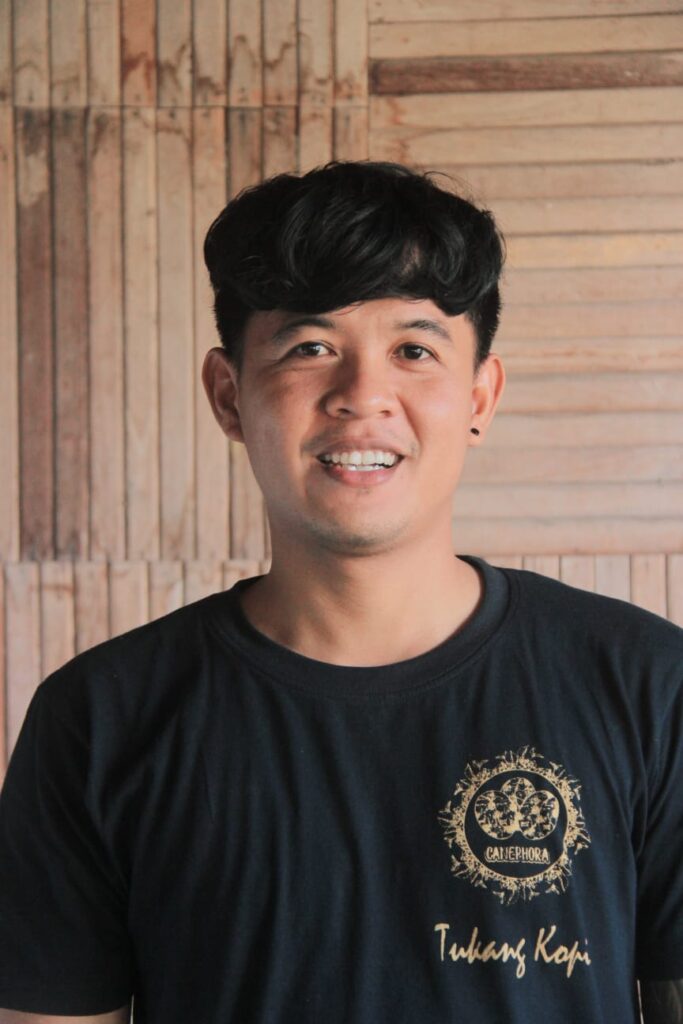
Diptha Nugraha
Ketua
- Phone:+1 (859) 254-6589
- Email:info@example.com
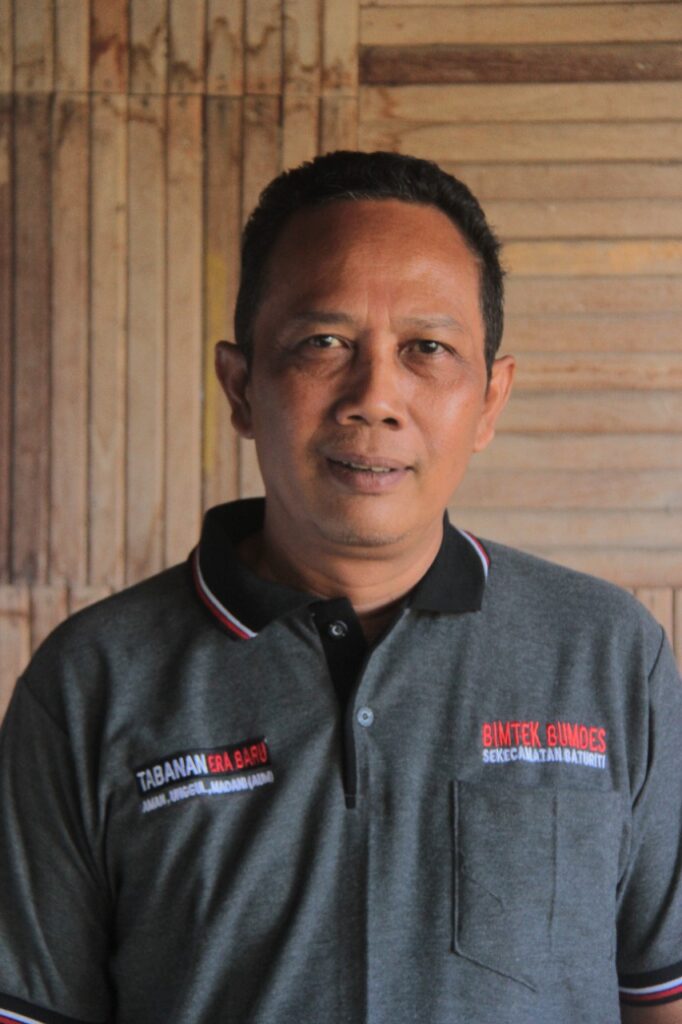
Gung Fajar
Koordinator Program
- Phone:+1 (859) 254-6589
- Email:info@example.com

Gung Mayun
Koordinator Pemberdayaan
- Phone:+1 (859) 254-6589
- Email:info@example.com
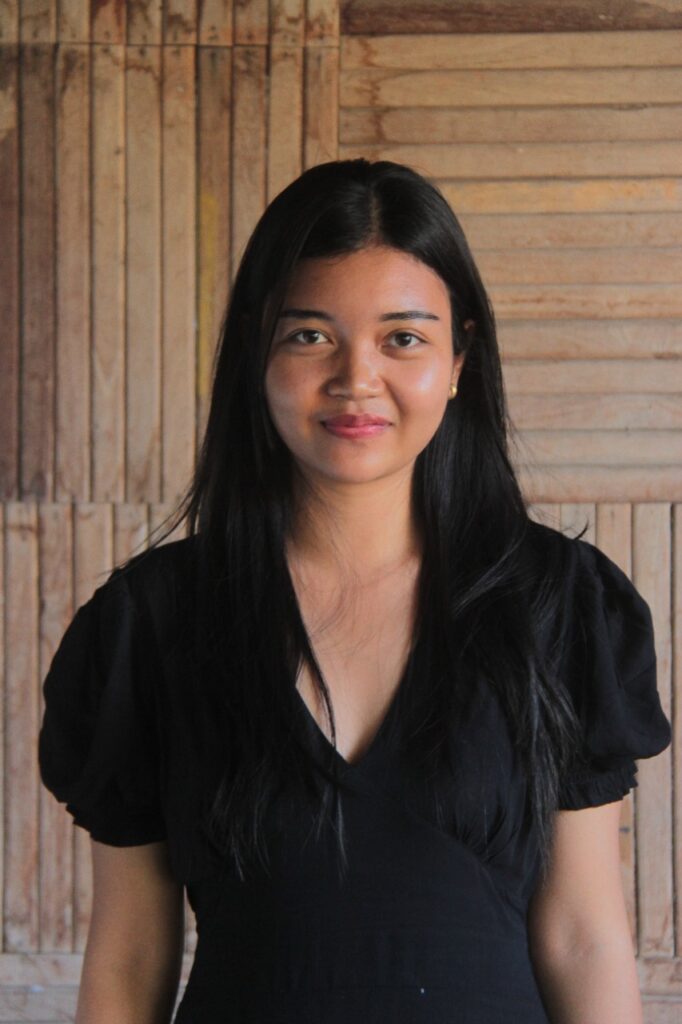
Dila
Project Manajemen & Fund Rising
- Phone:+1 (859) 254-6589
- Email:info@example.com
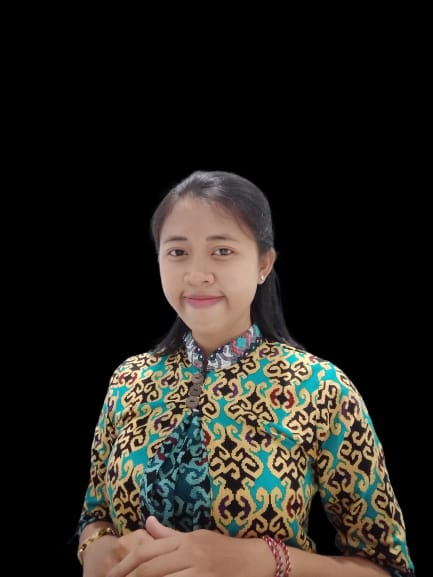
Yunita
Media Sosial
- Phone:+1 (859) 254-6589
- Email:info@example.com
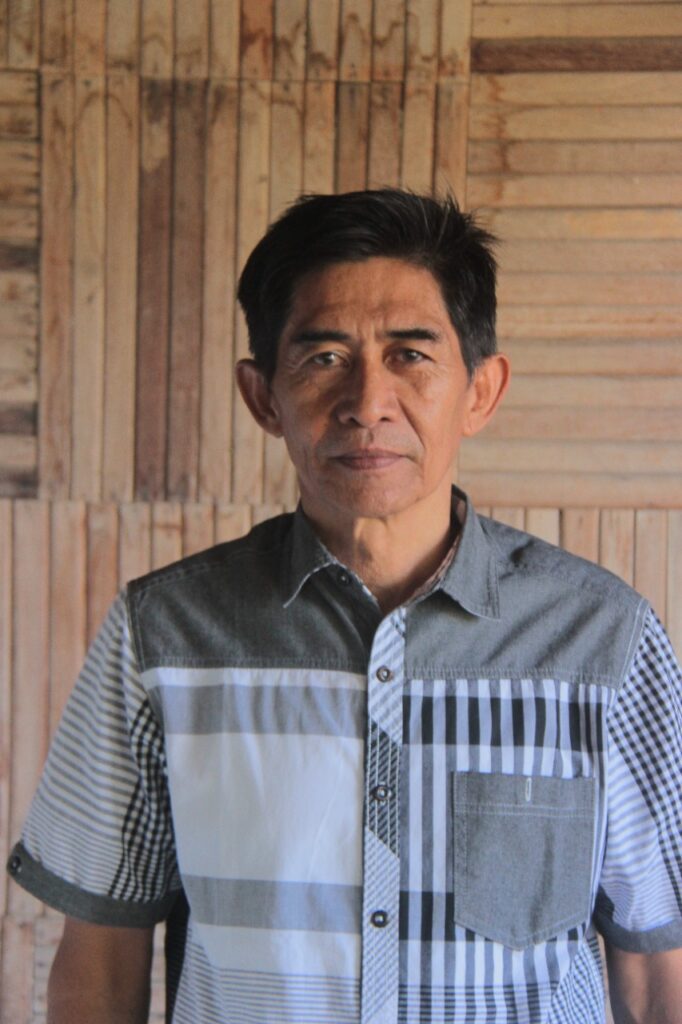
Kisman Ali
Volunteer Koordinator
- Phone:+1 (859) 254-6589
- Email:info@example.com
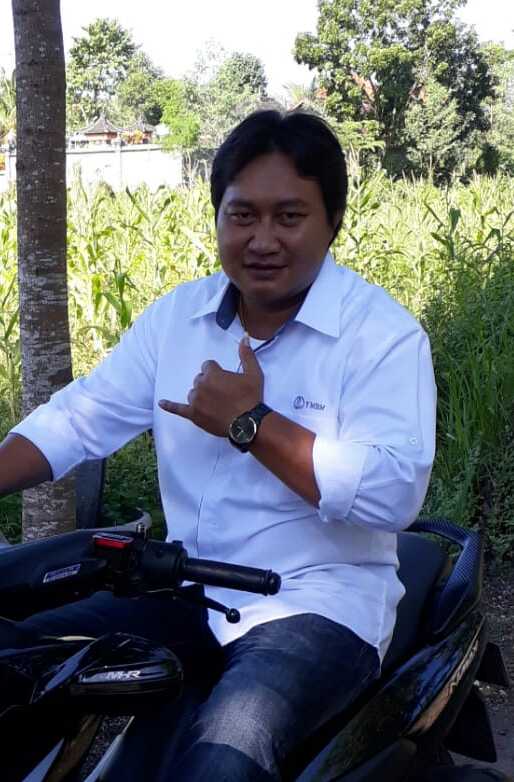
Koko
Koordinator Lapangan
- Phone:+1 (859) 254-6589
- Email:info@example.com
